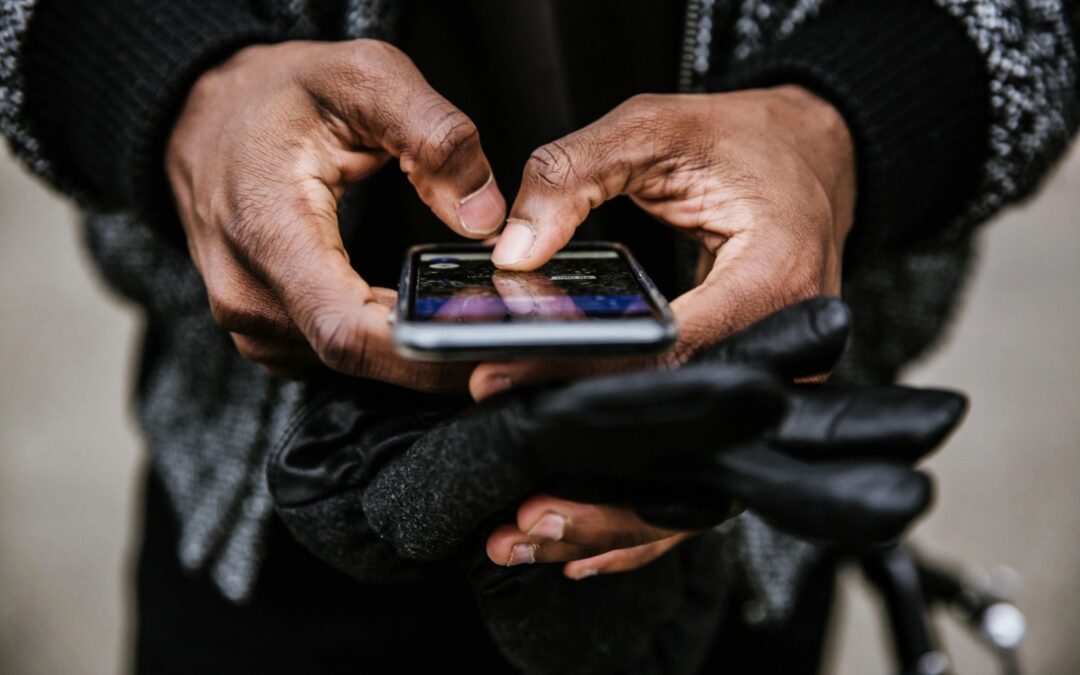
by Matthew Johnson | Aug 28, 2024 | District Court, Estoppel, PTAB News
By Shane Padilla, Matt Chung, Sarah Geers, and Matt Johnson – The Federal Circuit recently issued a decision in SoftView LLC v. Apple Inc. clarifying the scope of patent owner estoppel set forth in 37 C.F.R. § 42.73(d)(3)(i). 2024 WL 3543902 (Fed. Cir. July 26,...

by Matthew Johnson | Aug 22, 2024 | Preliminary Responses, PTAB News, Time Limits
By Evan Tassis and Matt Johnson – In a sua sponte Director Review, USPTO Director Vidal vacated an adverse judgement against Patent Owner for Patent Owner’s failure to submit a mandatory notice of information or file a preliminary response to a Petition within...

by Matthew Johnson | Aug 20, 2024 | Federal Circuit Appeal, PTAB News, PTAB Trial Basics, Request for Reconsideration
By Lisamarie LoGiudice, Joe Farley, and Matt Johnson – The Federal Circuit in Voice Tech Corp. v. Unified Patents, LLC, No. 2022-2163 (Fed. Cir. Aug. 1, 2024) (Lourie, Chen, and Cunningham), affirmed the PTAB’s determination that claims of Voice Tech Corp.’s...

by Matthew Johnson | Aug 12, 2024 | Federal Circuit Appeal, PTAB News
By Sarah Anwar and Matt Johnson – Koss filed a patent infringement suit against Bose asserting the ’155, ’934, and ’025 patents, after which Bose petitioned for inter partes review of all three patents before the PTAB. The district court case was stayed pending...

by Matthew Johnson | Aug 5, 2024 | Amendment Practice, Federal Circuit Appeal, Motions Practice, PTAB News
By Tova Werblowsky and Matt Johnson – The Federal Circuit affirmed in part, reversed-in-part and remanded-in-part the Board’s decision in the inter partes review of U.S. Patent No. 8,265,096 (the “’096 patent”), and affirmed the Board’s decision as to the cross...

by Sarah Geers | Aug 1, 2024 | PTAB News, Trial Institution
By Scott Findley* and Sarah Geers – On July 9, 2024, Director Vidal reversed and remanded a denial of institution of inter partes review (IPR) relating to three Spin Master patents. See Prime Time Toys LLC v. Spin Master, Inc., IPR Nos. 2023-01339, 2023-01348,...







